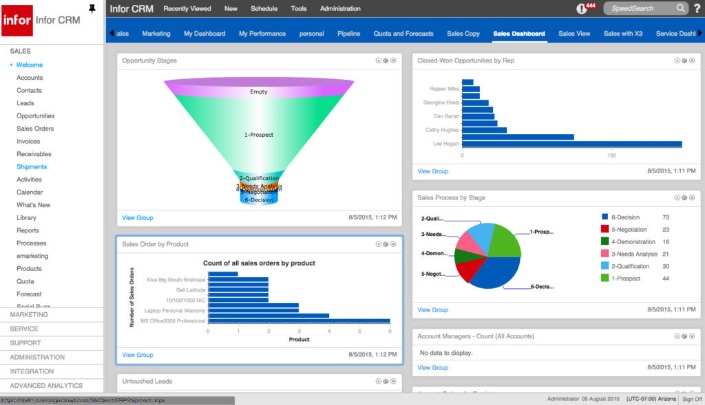Customer Relationship Management (CRM) data is a valuable asset for businesses looking to improve their performance and achieve sustainable growth. By effectively harnessing and analyzing CRM data, organizations can gain valuable insights into customer behavior, preferences, and buying patterns. This, in turn, allows them to tailor their marketing strategies, enhance customer engagement, and drive revenue growth.
Understanding CRM Data
CRM data encompasses a wide range of information related to customer interactions and transactions. This includes contact details, purchase history, feedback, preferences, and any other relevant data points. By consolidating and centralizing this data in a CRM system, businesses can create a comprehensive profile of each customer and track their activity throughout the customer journey.
The Benefits of CRM Data Analysis
By analyzing CRM data, businesses can gain valuable insights that can inform their decision-making process and drive business growth. For example, by identifying patterns in customer behavior, businesses can create more targeted marketing campaigns that resonate with their target audience. By tracking customer interactions, businesses can also identify opportunities for cross-selling and upselling, ultimately driving revenue growth.
Furthermore, CRM data analysis can help businesses improve customer satisfaction and loyalty by providing personalized experiences and addressing customer pain points. By understanding customer preferences and anticipating their needs, businesses can build stronger relationships with their customers and increase retention rates.
Overall, CRM data is a powerful tool that can help businesses drive growth, improve customer relationships, and stay ahead of the competition. By leveraging CRM data effectively, organizations can unlock valuable insights that can drive business success and sustainability in today’s competitive marketplace.
Read more about hubspot adelaide here.




